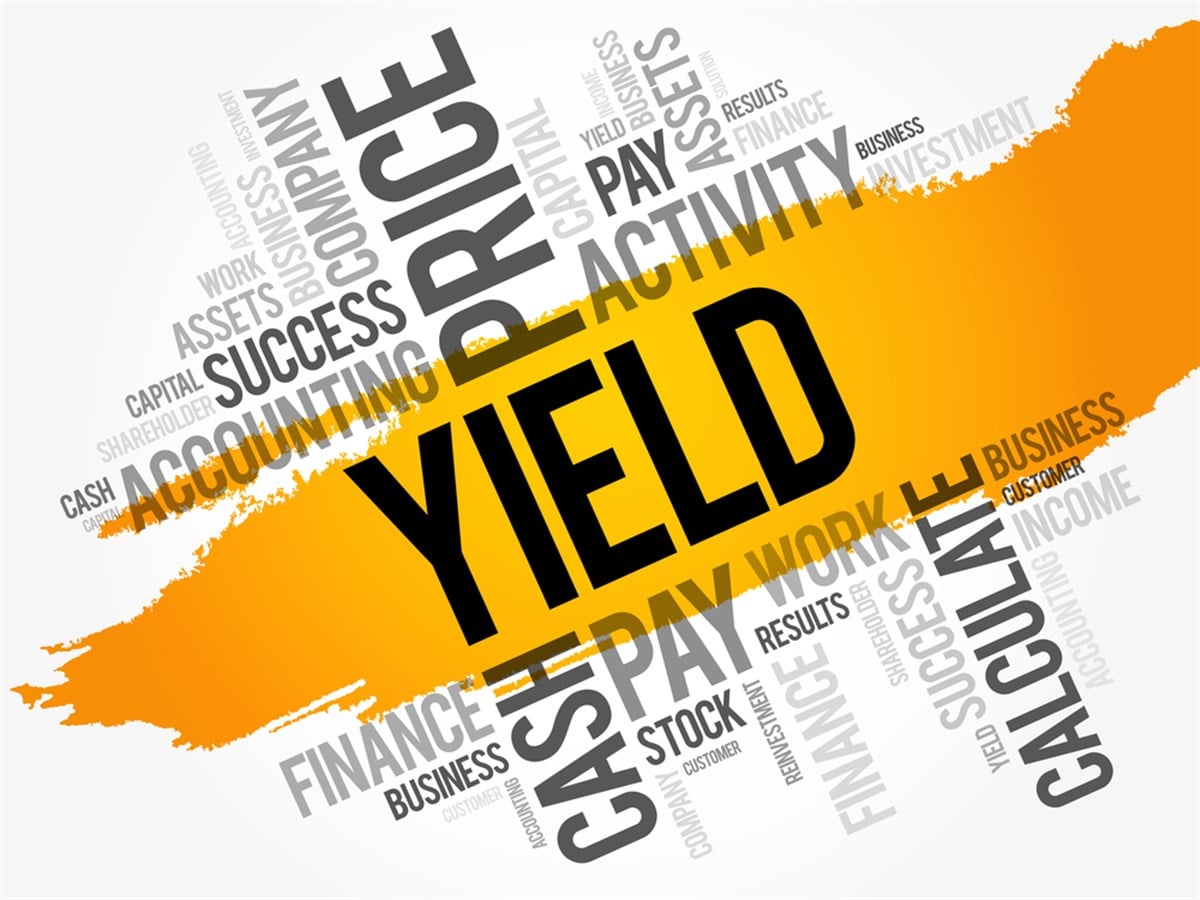
One interesting metric that often goes unmentioned but can provide valuable insight into a company’s capital allocation is the shareholder yield. Many have heard the terms dividend yield and buyback yield. These two terms consider how much a firm spends on dividends and buybacks in relation to its market capitalization. They provide a gauge of how much capital a company is distributing back to its shareholders.
Shareholder yield combines these two metrics together and adds another lesser-discussed metric: debt paydown yield.
Debt paydown yield considers how much a company has reduced its debt over a certain period in relation to its market capitalization. Paying down debt is another way companies can use their excess cash and is often considered a way to increase shareholder value. This is because companies with less debt are generally considered more attractive. Markets may see firms as less risky when they reduce debt and give them a higher valuation.
This analysis will look at three stocks. They have strong shareholder yields over the last 12 months, just under or above 10%. This shows that these firms are focused on returning capital and boosting shareholder value.
Rapid Earnings Growth Helped Synchrony Provide A Strong Shareholder Yield
First up is Synchrony Financial (NYSE: SYF). Synchrony has an impressive last 12 months shareholder yield of just under 11%. To achieve this, it used all three vectors: buybacks, dividends, and debt paydown. Buybacks were the company’s largest focus, spending just over $1 billion in this area. This resulted in a substantial buyback yield of approximately 5.5%. Dividends also played an important role, with the stock having a solid dividend yield of around 2.1%.
Lastly, the firm’s debt paydown yield came in at 3%. The firm retired around $3 billion worth of debt but also issued over $2.4 billion in new debt. This resulted in a net debt reduction of over $500 million. Overall, Synchrony provided a very strong total return in 2024 of over 70%, to which its shareholder yield contributed.
The company saw revenue growth of over 14% for the third year in a row. Adjusted earnings per share (EPS) increased by almost 24% in 2024. However, in 2025, recession worries hit shares hard, causing them to drop by over 25%.
Tapestry’s Huge Debt Reduction Puts Shareholder Yield Above 50%
Tapestry (NYSE: TPR) has an absolutely massive last 12 months shareholder yield of 55%. The company has a solid 2.2% dividend yield, starting with the smallest contributor. Although not huge compared to many companies, this yield is still decidedly higher than the 1.3% yield of the S&P 500 Index.
The next biggest contributor was the company’s buyback yield, which is over 14%. Despite having a market capitalization of around $13 billion, the company engaged in net share repurchases worth approximately $1.9 billion.
However, the company’s most significant move was its enormous debt paydown actions. The company retired $8.3 billion worth of debt and issued about $3.3 billion in new debt, achieving a net debt paydown yield of over 38%. Tapestry also achieved a huge total return in 2024, which came in at over 77%.
The stock has also held up very well in 2025 despite being in the consumer discretionary sector. Its total return is approximately -2%, while its sector is down more like 15%.
Dell’s Diverse Capital Allocation Leads to Nearly 10% Shareholder Yield
Last up is Dell Technologies (NYSE: DELL), with its last 12-month shareholder yield of just under 10%. Like Synchrony, all three yields contributed significantly to the firm’s overall shareholder yield. The stock has a trailing twelve-month dividend yield of 2.1%. Dell also spent extensively on buybacks, with net repurchases coming in at $3.1 billion. This gives the stock a buyback yield of over 5%.
The company’s debt paydown yield sits at around 2.2%. This comes as the firm paid back and issued large amounts of debt. It spent around $10.6 billion on repayments while taking out new debt worth $9.3 billion.
Dell's total return reached nearly 51% in 2024. However, 2025 has certainly been difficult, with shares dropping approximately 25%. Tariffs are bad news for Dell, as international manufacturing is key to its business.
Overall, the shareholder yield metric helps create a comprehensive understanding of the extent to which firms are working to return capital and enhance shareholder value. It is a noteworthy metric to stay aware of, providing a tangible assessment of a company’s capital allocation priorities.